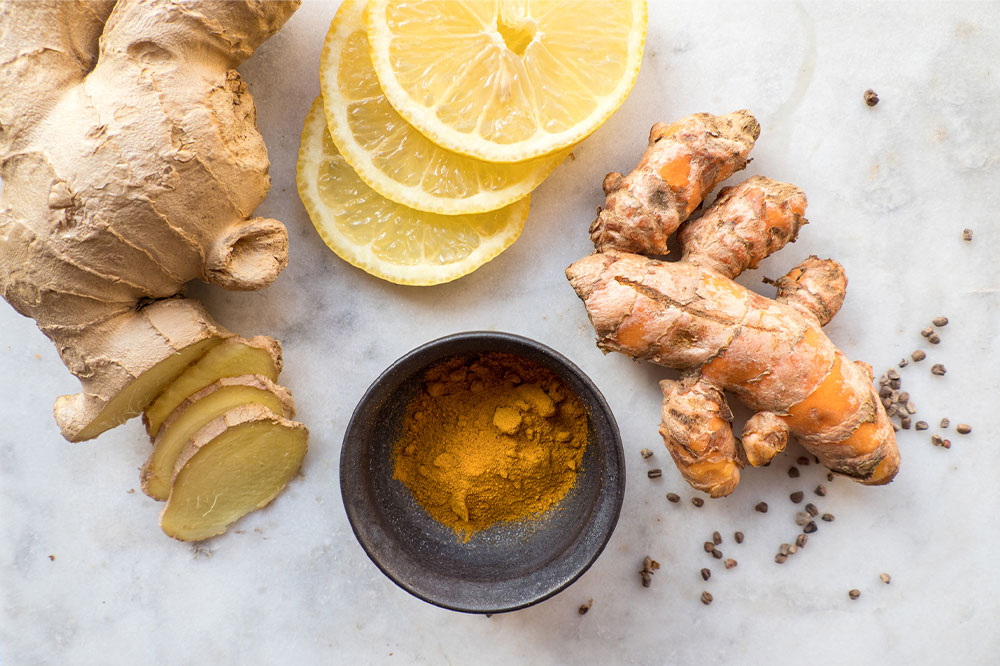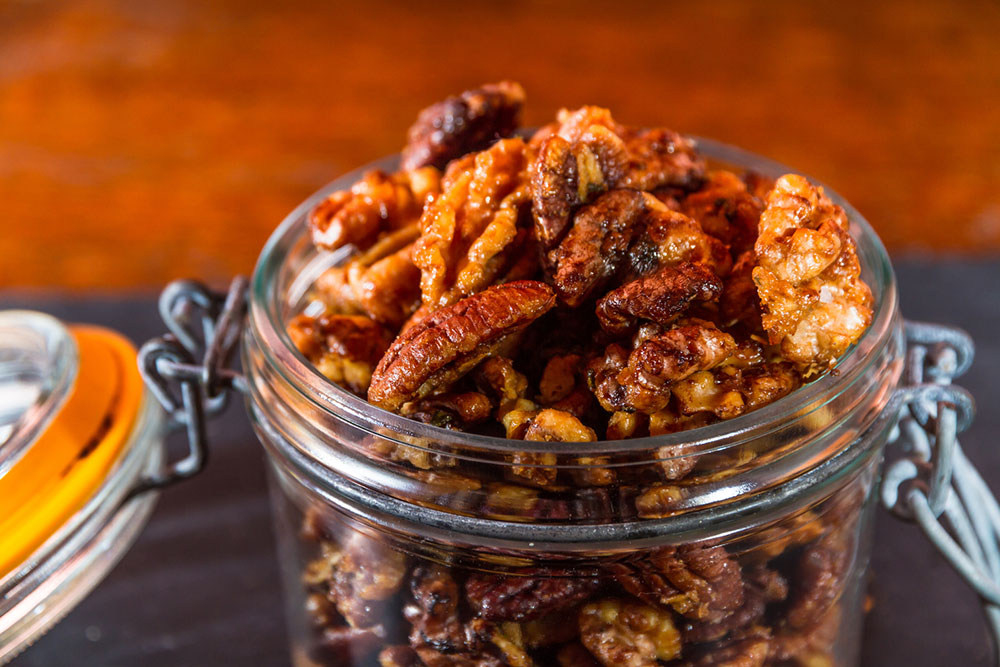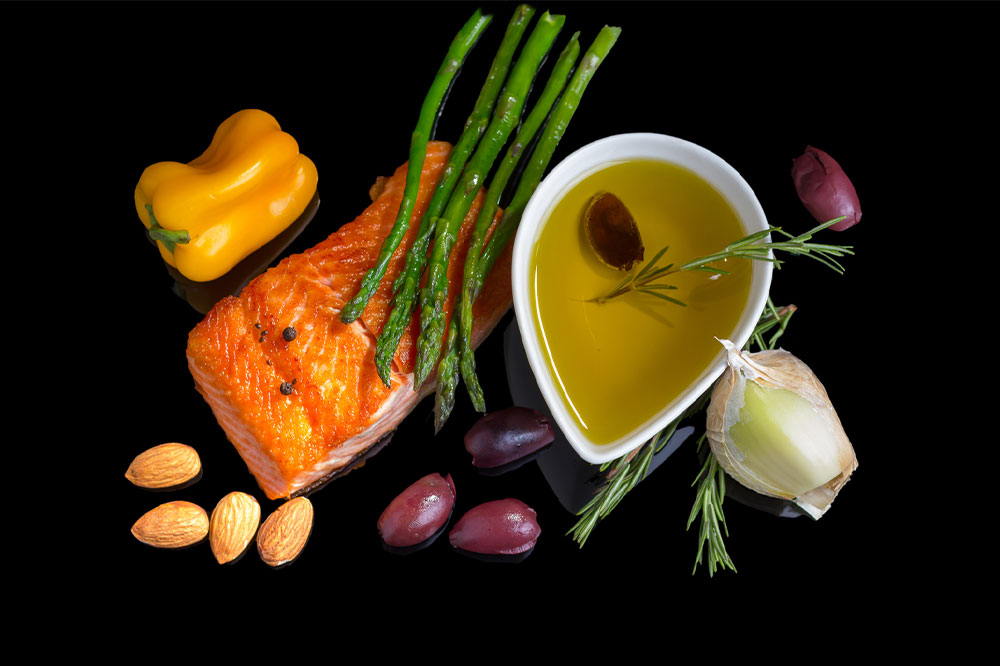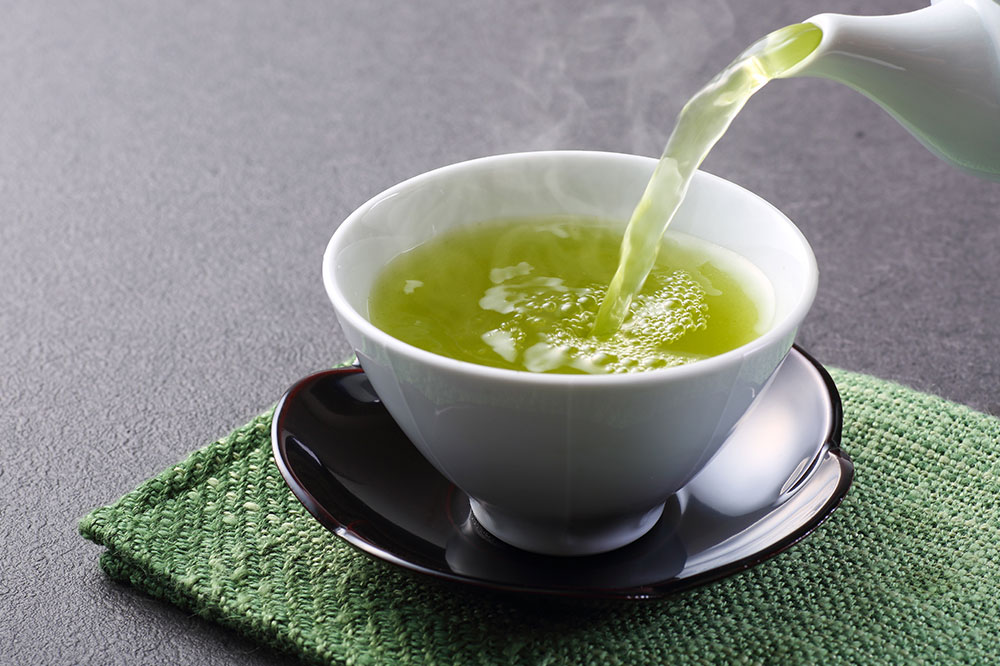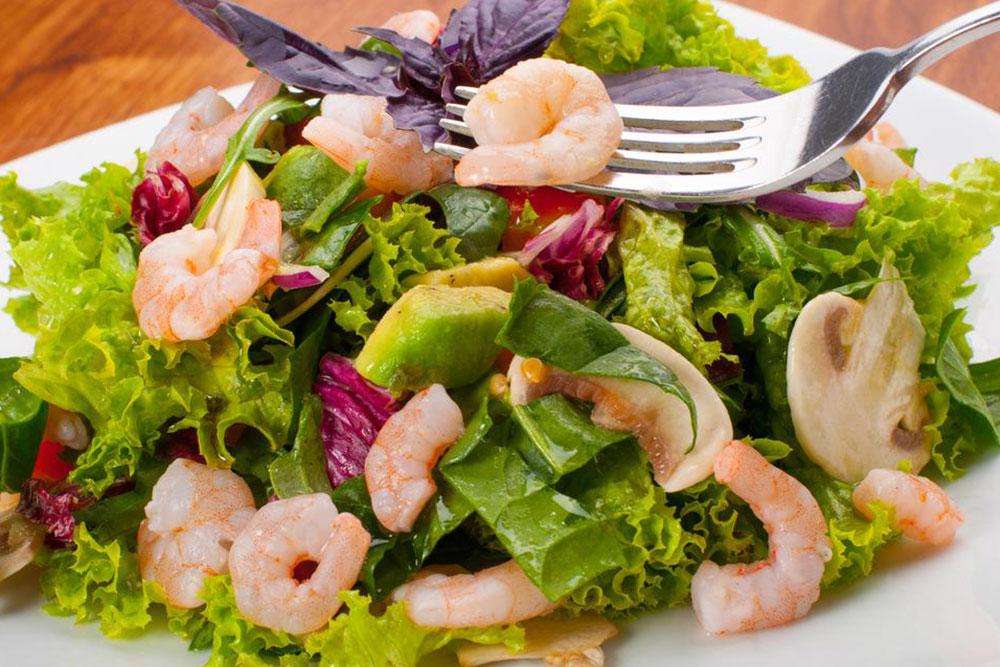Effective Nutritional Strategies to Combat Inflammation and Reduce Discomfort
This comprehensive guide explores nutritional strategies to combat inflammation and reduce discomfort. It highlights the benefits of omega-3 fatty acids, berries, cruciferous vegetables, spices like ginger and garlic, and healthy fats like extra virgin olive oil. By incorporating these foods into your diet, you can naturally lower inflammation, support joint and bone health, and promote overall well-being. Practical tips and scientifically backed information make this a valuable resource for managing inflammation through nutrition, suitable for anyone seeking relief from pain and inflammation.

Effective Nutritional Strategies to Combat Inflammation and Reduce Discomfort
Diet plays a pivotal role in managing inflammation and alleviating pain within the body. An imbalanced diet high in processed foods, fried items, and sugary snacks can contribute to increased inflammation levels and exacerbate discomfort, especially in individuals suffering from chronic pain or inflammatory conditions. Conversely, adopting a nutritious, anti-inflammatory diet rich in specific foods can significantly reduce inflammation, improve joint and bone health, and promote overall well-being. This comprehensive guide explores the most effective dietary strategies and particular foods that can help in reducing inflammation and easing discomfort naturally.
Omega-3 Fatty Acids: Inflammation Fighters
Omega-3 fatty acids are well-recognized for their potent anti-inflammatory properties. Fatty fish such as salmon, mackerel, sardines, and trout serve as excellent sources of omega-3s, notably EPA and DHA, which play crucial roles in reducing inflammatory responses in the body. Regular consumption of these fish can lower levels of inflammatory markers and alleviate pain associated with conditions like arthritis. In addition to supporting joint health, omega-3s contribute to cardiovascular well-being, enhance brain function, and bolster immune responses, making them an essential part of an health-enhancing diet. Moreover, plant-based sources rich in omega-3s, like flaxseeds, walnuts, chia seeds, and pumpkin seeds, provide alternative options for those following vegetarian or vegan diets. These nuts and seeds are easy to incorporate into daily meals and snacks, providing a sustained anti-inflammatory effect over time.
Powerful Fruits: Berries and Cherries
Berries, including blueberries, strawberries, and blackberries, are rich in phytonutrients such as flavonoids and anthocyanins that have been shown to combat inflammation and reduce oxidative stress. Incorporating these fruits into your diet—whether fresh, frozen, or dried—can help diminish joint pain and swelling. Similarly, cherries contain anthocyanins, vitamin C, and polyphenols, which are known for their anti-inflammatory properties. Regular intake of cherries or cherry extracts has been linked to improved joint comfort and reduced inflammation. If fresh cherries are not available, opt for sugar-free cherry juice or supplements, which provide similar health benefits.
Root Vegetables and Spices: Nature’s Anti-Inflammatories
Certain root vegetables and aromatic spices possess powerful anti-inflammatory properties that can be easily added to daily meals. Garlic and ginger are two such natural remedies—garlic contains allicin, which supports cardiovascular health and has anti-cancer effects, while ginger contains gingerol compounds that significantly reduce inflammation and joint pain. These ingredients not only enhance the flavor of dishes but also contribute to healing and pain relief. Including garlic and ginger in your diet can help manage chronic inflammation and improve digestion, reduce cramps, nausea, and other discomforts associated with inflammation.
Healthy Fats: Extra Virgin Olive Oil and Its Benefits Extra virgin olive oil is a cornerstone of anti-inflammatory diets due to its high content of monounsaturated fats and antioxidants. Unlike processed vegetable oils, extra virgin olive oil is minimally processed and retains vital polyphenols that promote heart health and have anti-inflammatory effects. Using olive oil as your primary dressing or cooking oil can help lubricate joints, reduce inflammation, and support overall cardiovascular health. Its versatility makes it an excellent addition to salads, roasted vegetables, and grilled dishes, allowing you to reap its many health benefits naturally.
Cruciferous Vegetables: Nutritional Powerhouses Vegetables like broccoli, cauliflower, Brussels sprouts, kale, and cabbage belong to the cruciferous family—rich in compounds that inhibit enzymes responsible for inflammatory processes. These vegetables are nutrient-dense, providing a vast array of vitamins, minerals, and phytochemicals that support overall health. Regular consumption at least once daily—such as adding broccoli to your lunch or incorporating kale into smoothies—can inhibit inflammation pathways and promote tissue repair. Their high fiber content also aids in detoxification, further reducing inflammatory toxins in the body.
Adopting an anti-inflammatory diet isn’t just about eating specific foods; it entails a holistic approach involving a balanced intake of nutrients, reducing processed foods, and minimizing added sugars and unhealthy fats. Coupled with lifestyle modifications such as regular exercise, adequate hydration, and stress management, these nutritional strategies can significantly improve pain levels and enhance quality of life for those suffering from chronic inflammation or pain-related conditions.
